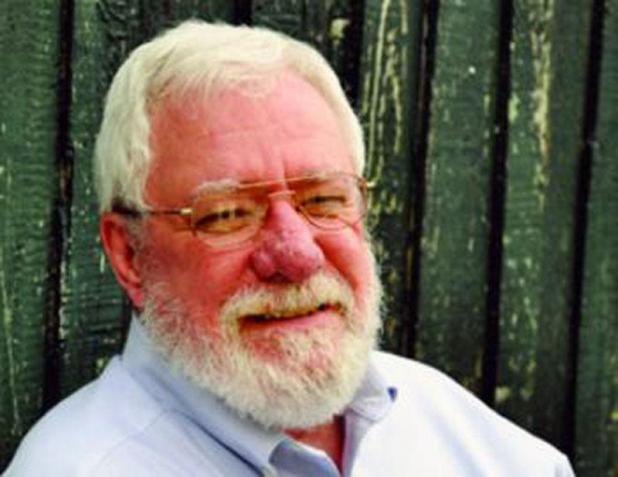
Jim Bradshaw
Citizens worried about spies among us
South Louisiana was not left out when the U.S. entry into World War I caused everyone and his brother to become wary of strangers, and sometimes neighbors, suspected of being German spies.
Folks in Eunice thought they’d found one when a drifter passed through just about Christmas time in 1917. A newspaper report identified him as “John de Armand, alias Frederick Hebert.” The newspaper said he also went by Frederick Schwartz, and that he variously represented himself as a reporter for a New Orleans paper, a watchmaker, and a Baptist minister.
He was held in Eunice after nervous passengers on a train he boarded in DeQuincy said he was acting suspiciously. They said that just before the train reached Eunice “the stranger continually paced up and down the car,” asking some of the passengers for money.
The newspaper described him as a man about 55 years old who “wore neat clothing, his vest bearing the brand of a Milwaukee firm.” He said he had no permanent address and refused to answer questions “as to his mission in this part of the country.”
Local authorities sent him to New Orleans to be questioned by federal agents who may or may not have been more adept at sniffing out enemy agents.
Another suspect was arrested in Crowley a month later, when, according to the Crowley Signal, “Patriotism of Crowleyites proved itself … despite the fact that … the ‘suspect’ proved out and was released.” He was picked up when sheriff’s deputies received complaints about a “German piano tuner” who had recently come to town. It turned out that he really was a piano tuner and that he was from England.
Nobody seemed exactly sure what aroused suspicion in June 1918 when Rev. Fred Ross, pastor of the First Christian Church in Crowley, was accused of spying. The reverend proclaimed his loyalty in the press when rumors began to spread.
“My father was born in Glasgow, Scotland,” he wrote. “My mother was born in Paris, France. Each of these countries are in the great struggle for truth and righteousness.” He said he had more than a hundred relatives fighting in France, and that “the public can judge my loyalty by the loyalty of the family I have the honor of being a member of.”
Another part of his statement might offer a clue as to why talk started.
“As I have often said in the pulpit,” he said, “I am for everything the government is for and against everything the government is against. … I am … doing all I can to aid the government to a conclusion of this war that will mean a permanent peace, so the world will be a safe place to live in. But a premature peace that does not mean this, I am against.”
Many Americans believed that the U.S. had no business in fighting World War I and favored “peace any cost.” But it is worth mentioning that later events suggest the reverend had a point. Most historians agree that the treaty that ended World War I stopped the fighting but did not guarantee the peace. They say it planted seeds that led inevitably to World War II.
When a man was arrested in Alexandria and “sweated all day” by the police, he reportedly confessed that he was on his way to blow up the Shreveport waterworks. According to some news accounts, he was carrying two quarts of nitroglycerin to do the job.
It turned out that the liquid was not nitro, but was pretty potent stuff. Police said the man was “more interested in breweries than in waterworks.”
That story prompted the Shreveport Times to comment, “At times like these the mischievous and mendacious can do a lot of harm by repeating senseless and inflammatory rumors. These rumors are going to be hatched from time to time, and the people should recognize this fact and exercise some care in repeating and giving currency to them. In this particular instance there was not one scintilla of truth in the wild story of the nitroglycerin and the murderous intent of the ‘German spy,’ who was not even a German.”
It was good advice, but the rumors continued. Anti-German sentiment was exacerbated in Louisiana in 1918 when the legislature outlawed teaching German in any school in the state and banned speaking the language, flying the German flag, or even selling products made in Germany. Punishment could be up to 60 years in prison.
Fortunately, these laws were repealed in 1921, but they left their mark on families who had been here for generations.
A collection of Jim Bradshaw’s columns, Cajuns and Other Characters, is now available from Pelican Publishing. You can contact him at jimbradshaw4321@gmail.com or P.O. Box 1121, Washington LA 70589.
